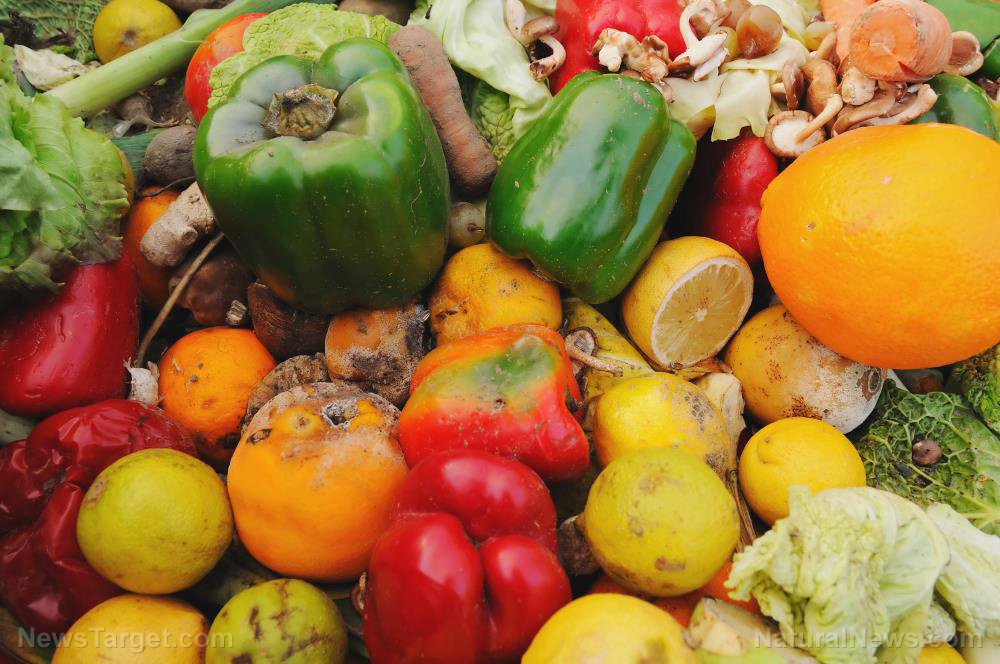
The university is considered a national leader in fungi, and its researchers have been studying the potential of thread-forming fungus for many years. In fact, they have an entire team of researchers devoted to finding new ways to solve the problem of food waste.
The subject of one doctoral thesis at the school by Pedro F. Souza Filho showcased an interesting approach to using four common types of food waste that are normally discarded from the production of foods like orange juice, wheat starch, pea protein and potato starch.
Souza Filho grew a special type of filamentous fungus on the waste, which created a protein-rich biomass that can be used and then returned to the food production cycle.
There are several potential applications for this type of biomass. For example, a feed made with this type of fungal protein could be given to fish that are grown for human consumption instead of feeding them other, smaller fish, reducing wastage all around and helping the environment.
Perhaps one of the most exciting applications is that the fungi could also be used to create bioplastics that don’t pollute the environment the way that oil-based plastics do. He is working on cultivating fungus on wheat to create bioplastics, and when he returns to his native Brazil, he hopes to use cacti as the source material. (Related: Researchers develop blend of bioplastics that can decompose under diverse conditions.)
Senior lecturer Akram Zamani is working on a project that could see bioplastic created using the residues that come from producing citrus fruit juices. Around 15 million tons of citrus waste are generated each year from juice production, so the potential here is enormous. When the thread-forming fungus is added to this type of waste, it grows. Researchers are then able to extract chitosan from it, which is mixed with pectin from the fruit to form polymers.
She’d like to produce a biological type of cling film that can resist carbon dioxide, oxygen and steam. She says there is a huge amount of interest from industry in creating this type of product, and it’s easy to see why.
The many potential uses of fungi
Zamani is also working on creating superabsorbents from the cell walls of fungi that could be used for products like diapers and sanitary towels. The cell walls of fungus boast natural antibacterial properties, making them ideal for combating bacterial growth and unpleasant odors. They would be recyclable, and no oil would be needed to produce them.
Professor of Bioprocess Technology Mohammad Taherzadeh has been working with an edible fungus known as Neurospora intermedia that can produce ethanol using waste and residue. He discovered this fungus’ potential 16 years ago, and he likens it to a Swiss army knife in the sense that it’s compact yet has many important uses. Edible fungus, he says, won’t hurt the environment, making it a great material to work with.
The work being carried out by these researchers could address two big problems at once: food waste and the need for biodegradable and sustainable materials that won’t hurt the environment. Hopefully these projects will inspire others to find new ways to minimize our impact on the planet.
Sources for this article include:
Please contact us for more information.






















